Boosting Food Security with Simple, Sustainable Farming Practices for All
Plenty Despite Difficulties
India is a big agricultural producer, but the story of its food security is not yet complete. Even as we rejoice over remarkable harvest levels, formidable obstacles loom large.
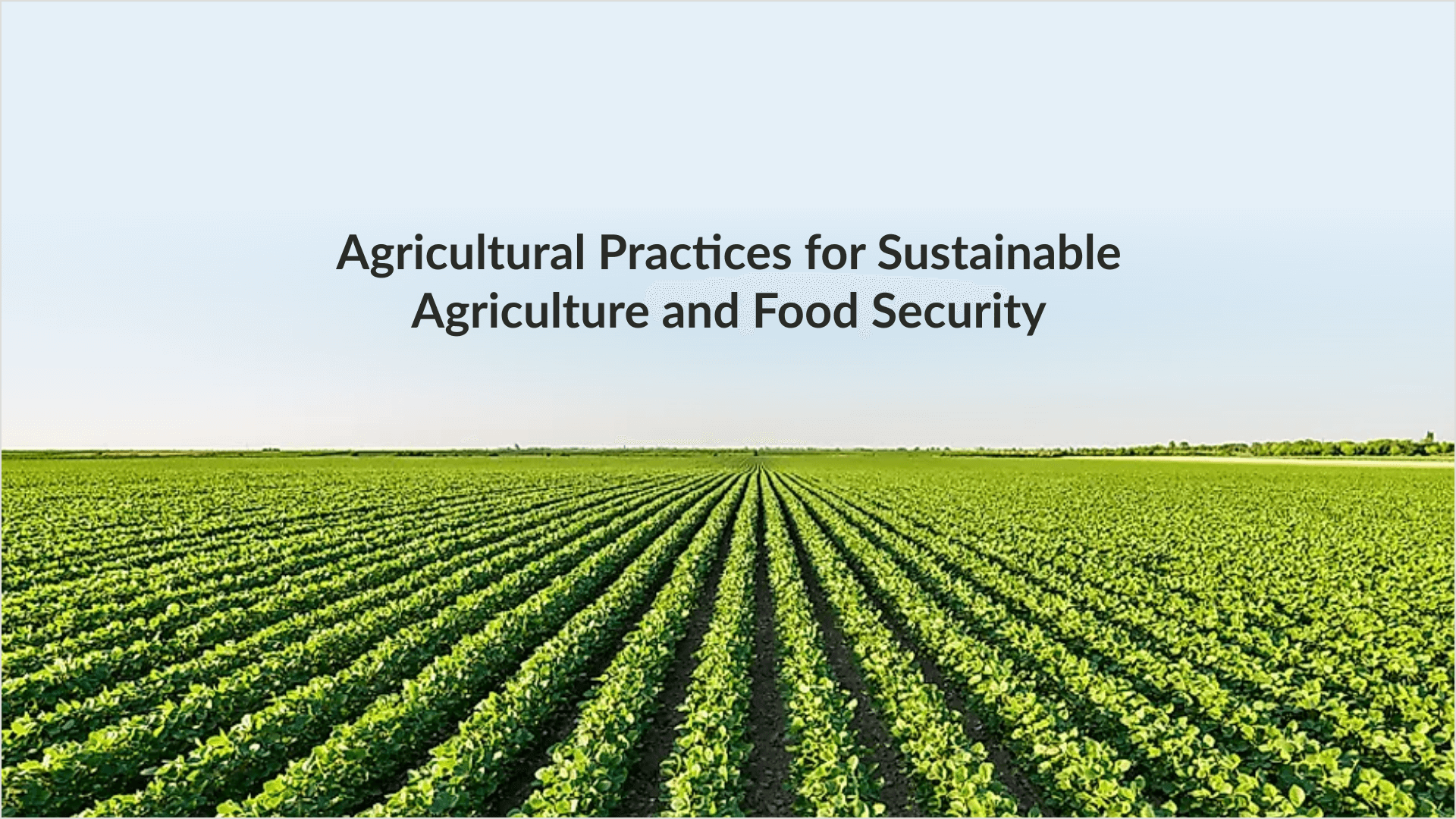
Broken terrain, which is frequently only a few acres, makes it difficult to embrace new technologies and use resources effectively. Due to overstretched aquifers and unpredictable rainfall patterns brought on by climate change, the threat of water scarcity remains. Though deeply rooted in our history, traditional farming methods have the potential to undermine future yields and even endanger human health by depleting soil health and relying too heavily on chemical inputs.
Our agricultural sector's productivity and long-term sustainability are seriously threatened by these interconnected issues. The success of it affects millions of people, making food security a delicately balanced issue. Building on insecure foundation would be the equivalent of ignoring these challenges. In order to create the conditions for a safe and prosperous future, it is imperative that we recognize these difficulties and look for creative solutions.
Adopting sustainable methods is critical to ensuring food security in the future. Instead of viewing this as a hardship, it as a chance to strengthen our farmers and improve the land that provides for all of us.
Ecological Remedies for an Abundant Future
Modernizing our tractor fleet is one of our main priorities. Conventional models add to the
very problems we are trying to solve by consuming a lot of fuel and producing dangerous emissions. We lessen our impact on the environment by using tractors fitted with cutting-edge fuel injection technology, which dramatically reduces fuel consumption and emissions. Additionally, this technique guarantees cleaner combustion, which lowers maintenance costs and boosts agricultural productivity.
But we're not just about the gears. Training our farmers on practices for improving soil health, using organic fertilizers responsibly, and irrigation strategies that use less water. Establish a positive feedback loop whereby improved soil quality supports more productive crops, which use less resources and provide farmers with higher yields.
A future where abundant harvests and environmental responsibility coexist by utilizing sustainable methods.
-logo.webp.png)
.jpg)
-logo.webp.png)
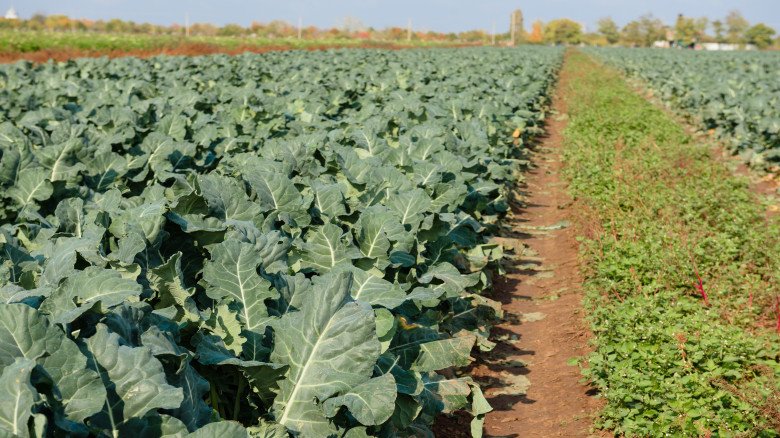
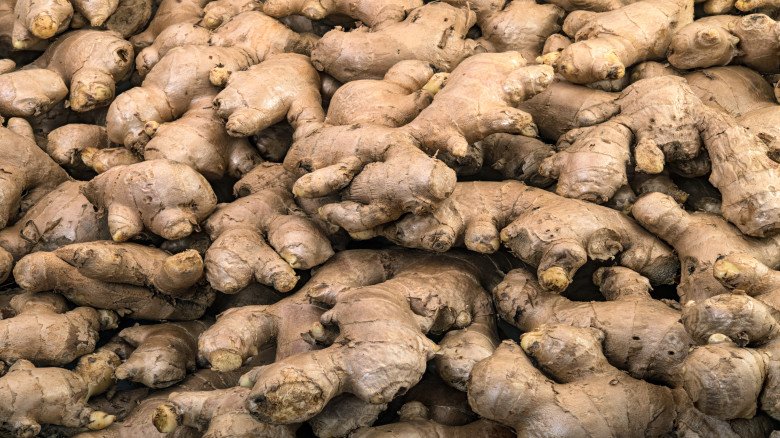
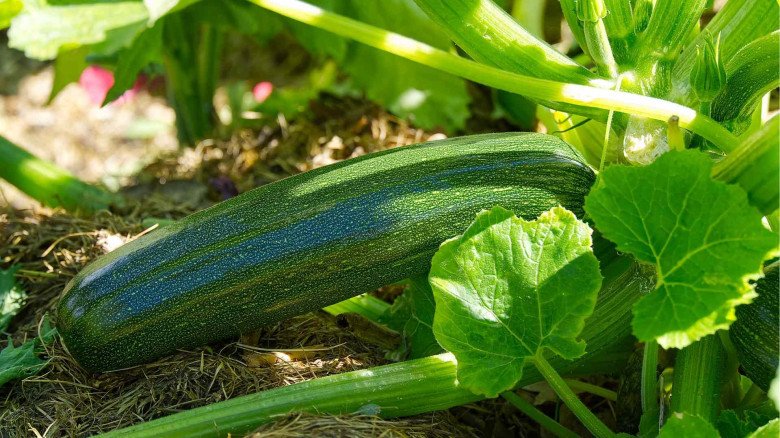
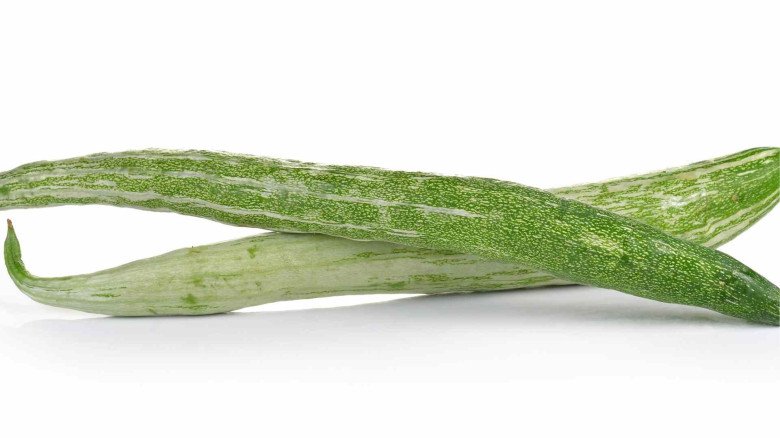


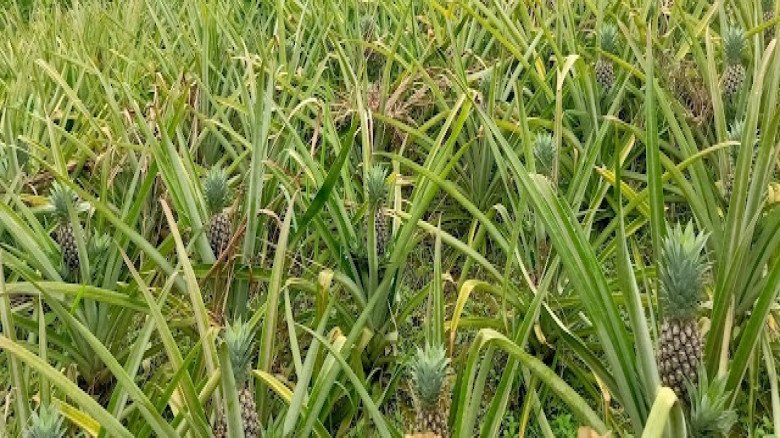
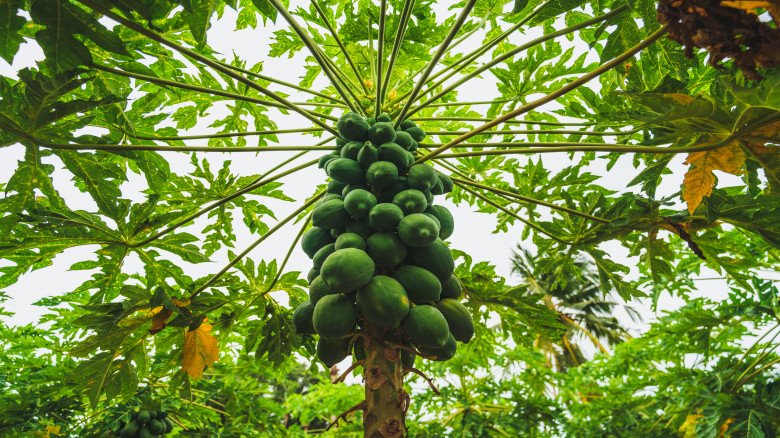
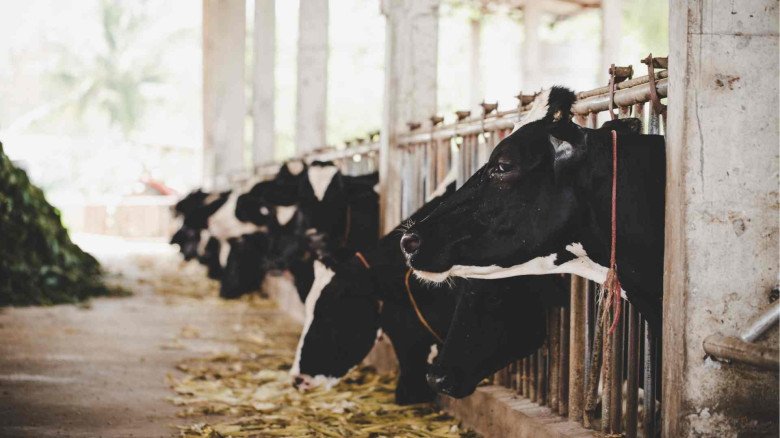
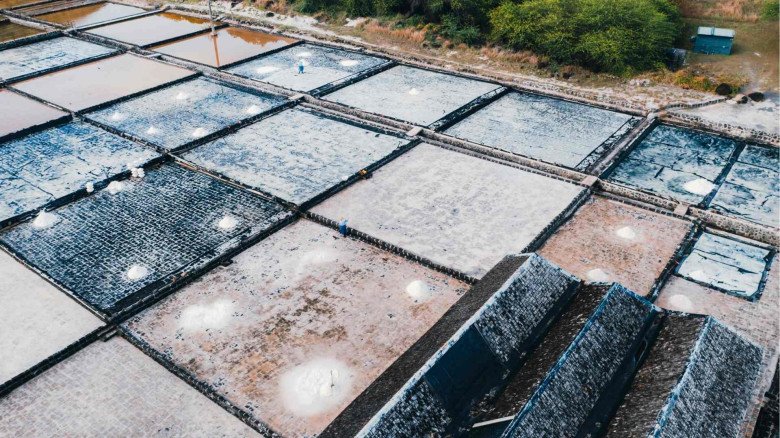
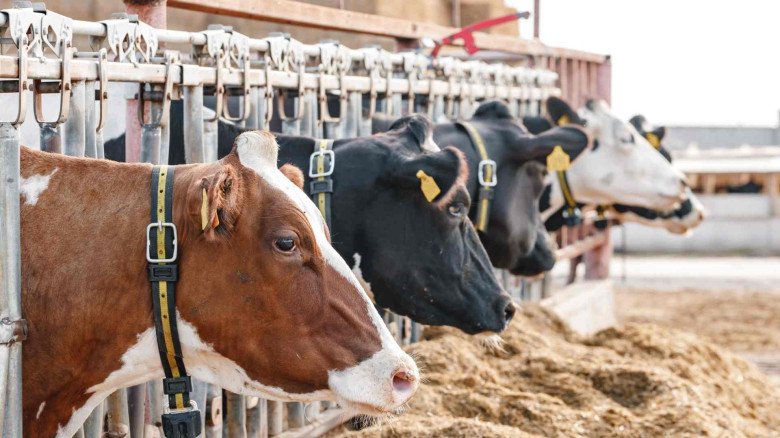
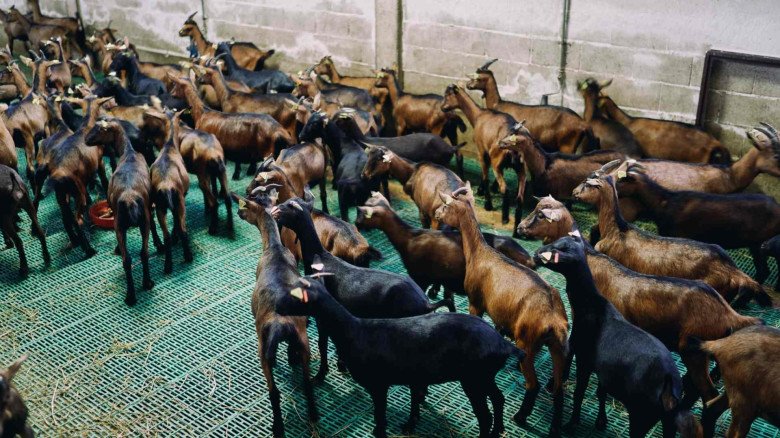
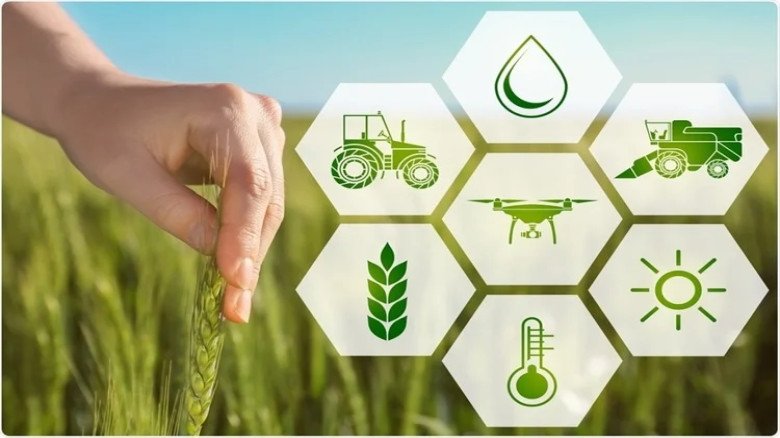
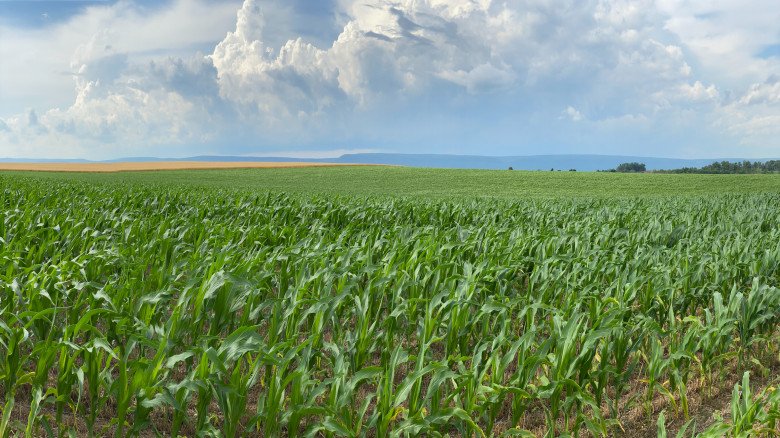
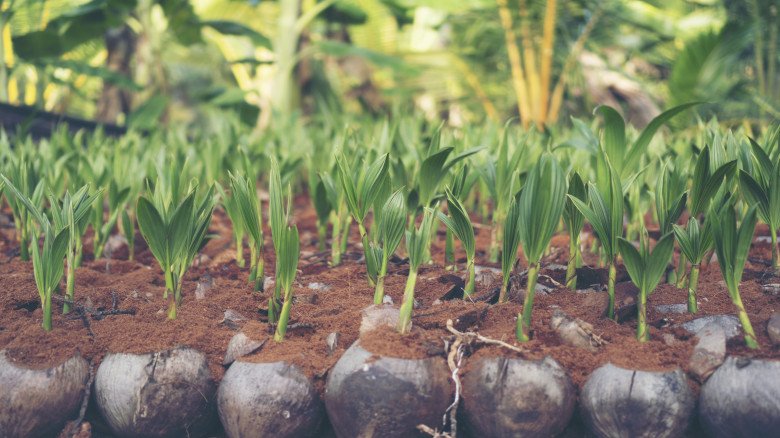
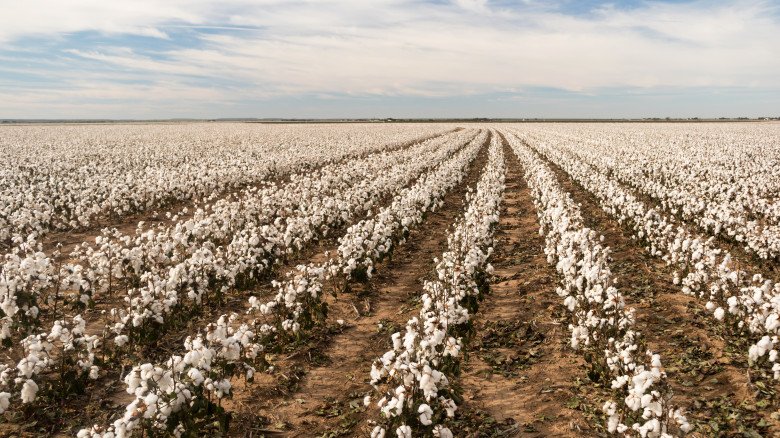

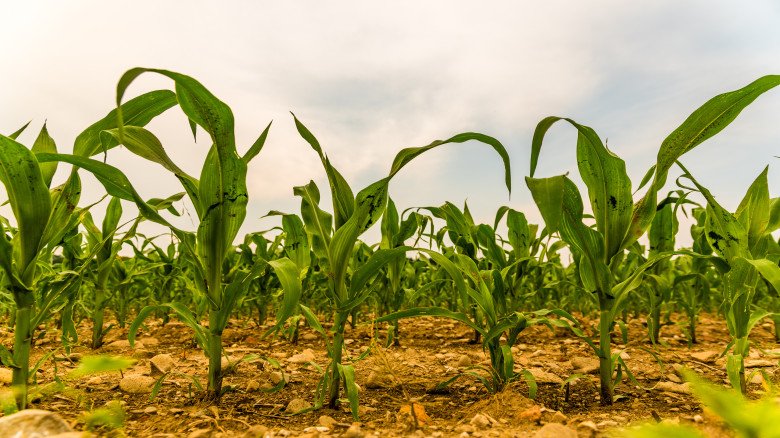
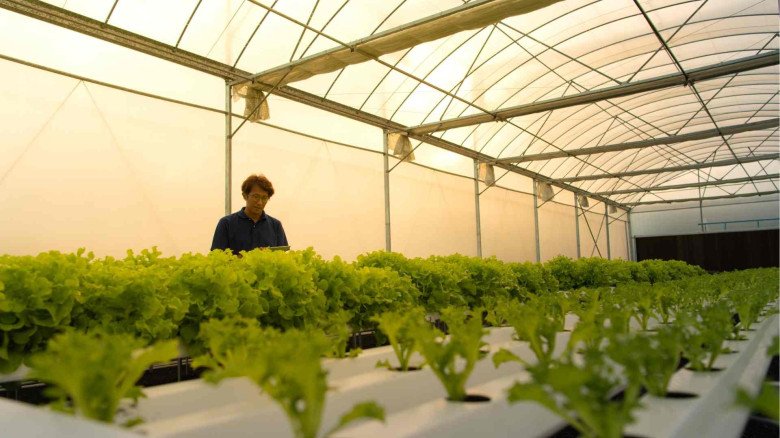

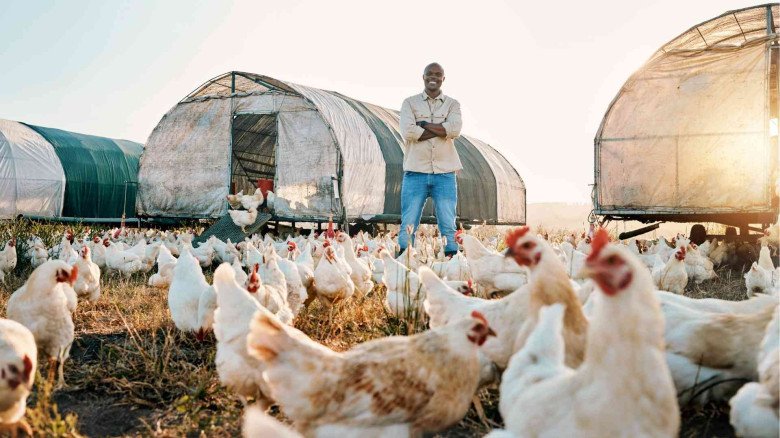
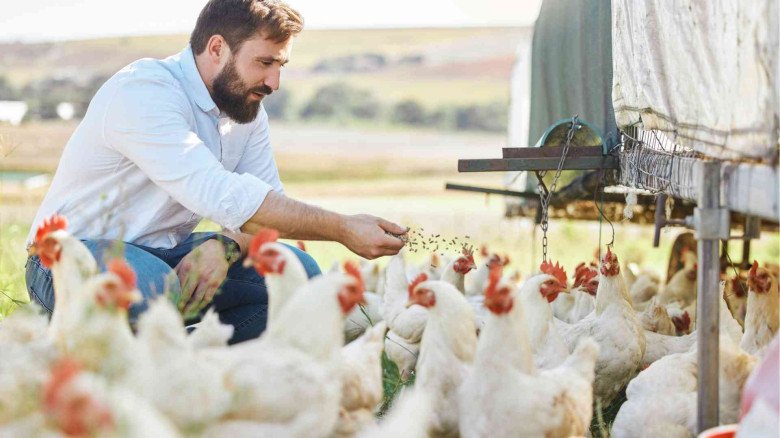
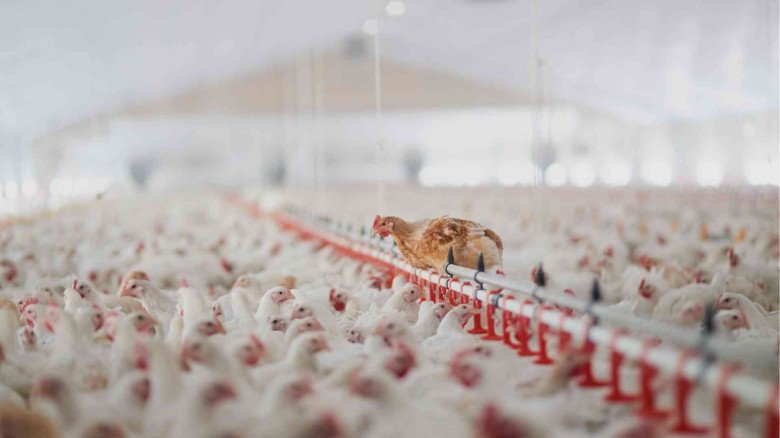
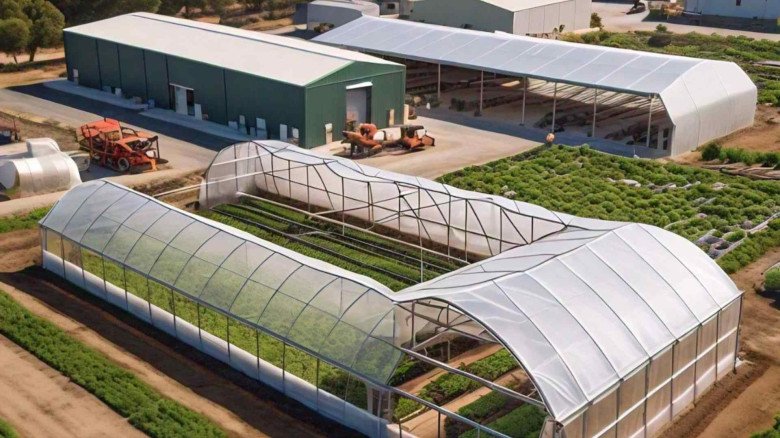
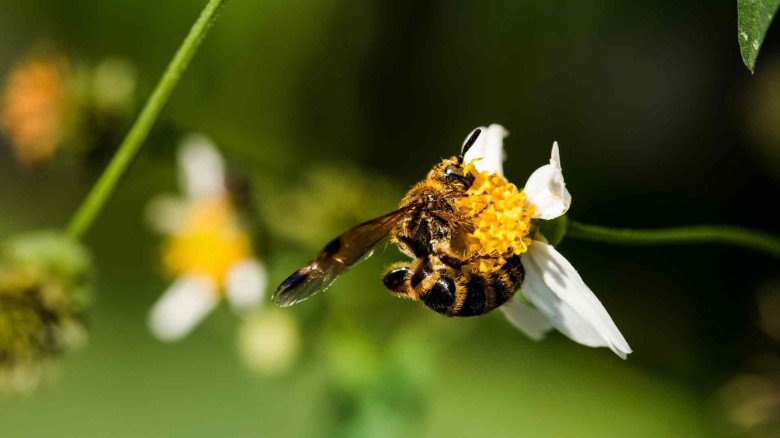
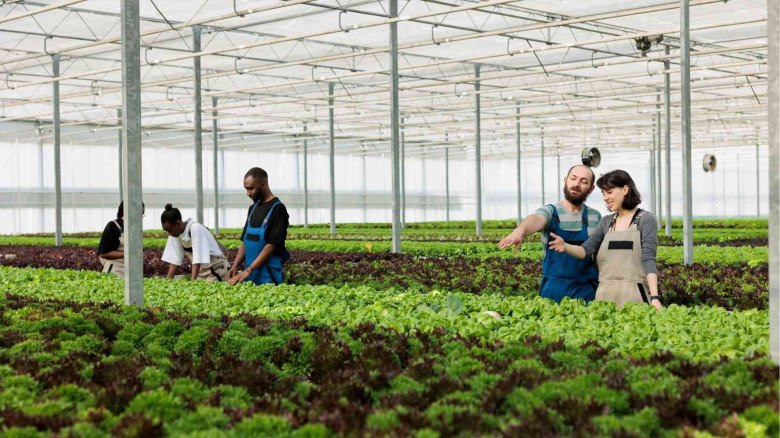
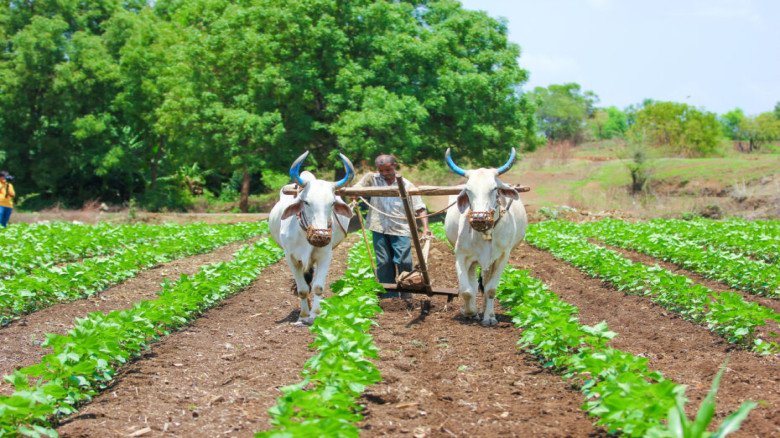
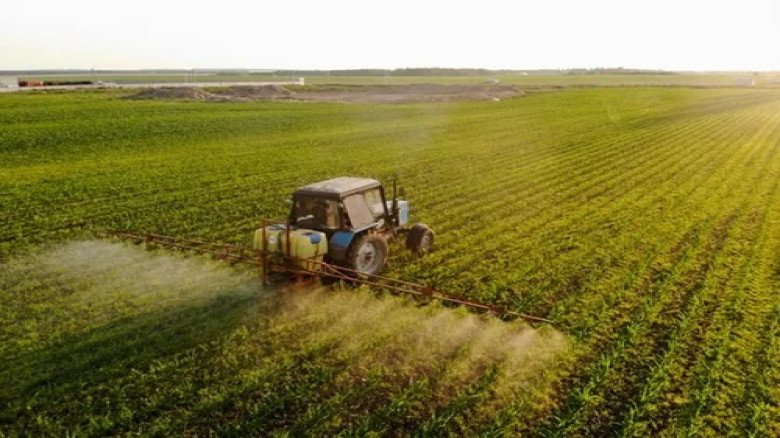
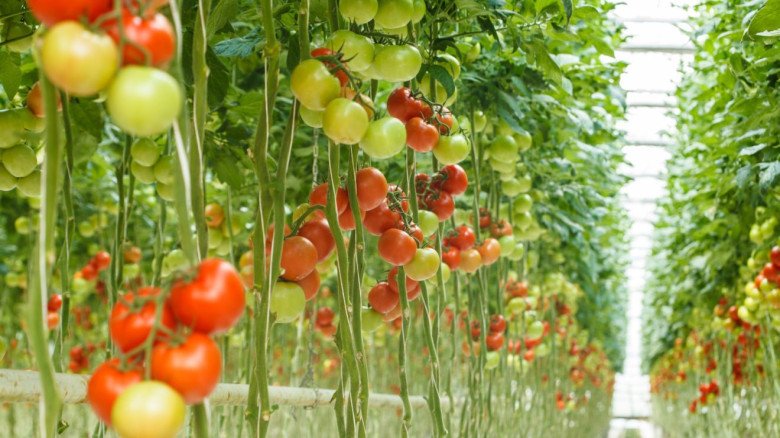

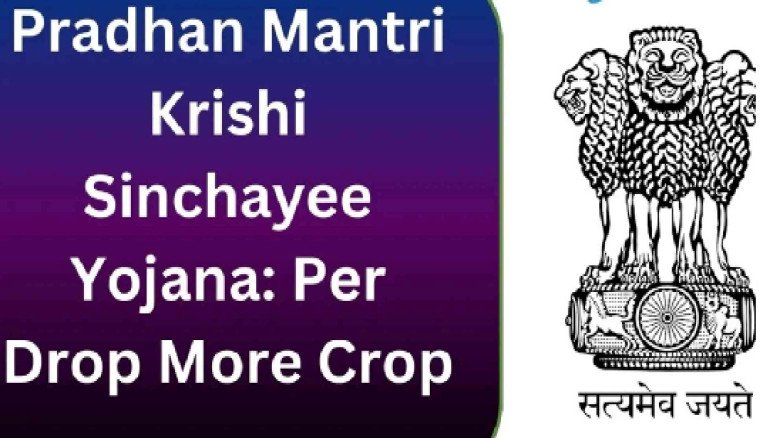
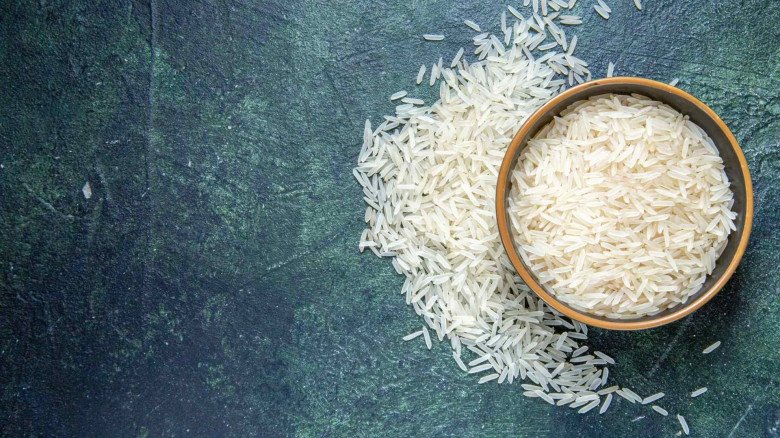

Leave A Comment